Introduction

Power is a good starting point for any debate. Power is what makes the Kawasaki H2R the favourite card in a game of top trumps, and the factor that made the Ducati MotoGP bikes shoot past the Hondas and Yamahas on straights as if they were taking a stroll in a park. However, one look at the 2016 MotoGP championship standings will tell you that these same Honda and Yamaha bikes have been more successful than the Ducatis. After all the bike’s suitability to the circuit influenced by factors like the rider skills, chassis dynamics and technology also plays a big role in making it successful. But, what about the real world?
The Challenge

For our little experiment, we chose the Circuit de Navi Mumbai, complete with its potholes, jaywalkers and erratic traffic. The weapons of choice – Star City Plus and the Apache RTR 200 4V. Comparing the Apache with the Star City Plus is like comparing chalk and cheese. One is a basic no-frills commuter and the other is a budget pocket rocket; but both quite accomplished in their own rights.
The Apache is more than twice as powerful as the Star City Plus, has two additional discs for its braking system and costs twice as much. But, how does all of this translate in the real world? It is quite obvious that the Apache is the faster of the two, but in the concrete jungle with its real world problems, can the Apache really cut the commute time by half?
Helping me in this test was Sagar. To keep the variables as low as possible, we both set off from our office at the same time. The 32 kilometres long route fits the stereotype of an urban commute – speed breakers, potholes, bottlenecks, traffic and open stretches where the bikes can finally breathe. To cancel the variation in rider skill and weight, Sagar and I switched bikes after one lap and repeated the routine.

I started off with the underdog, the Star City Plus. So let’s thumb the starter and zip off, shall we? Well, not quite. The Star City Plus had been confined to the garage for a few days and these commuter bikes don’t take well to such inactivity. It took me a good 5 minutes of kicking and pulling the choke to breathe life into the Star City Plus; good thing this wasn’t an old school LeMans style start. Sagar meanwhile, maintained an apathetic look throughout this process. Once the engine was running normally, we reset the stopwatch and set off.
Right off you are acquainted with the commute-focused character of the Star City Plus. Each single functional bit is designed to make it easy to use in an urban environment. The light steering makes the bike effortless to throw around, and allowed me to squeeze through the tiniest of the gaps. Within its limits, the Star City Plus holds its line well, and the tyres provide reasonable amounts of feedback. This gave me the confidence to make the most of the eight horsepower engine.
The narrow tank, comfortable riding position and the plush seat make for an enjoyable ride. As with any commuter bike, a few things did need getting used to. The dependency on the rear brakes suddenly shot up as the front drum brake isn’t as sharp as a disc, and I had to think ahead and brake well in advance to make sure I didn’t bump into the vehicle in front. And the four-speed gearbox has an all-up pattern, something that is common among all budget motorcycles.

Nevertheless, I finished the lap and returned to the office to repeat the same route on the Apache. The Apache is fuel injected and it started off with a loud growl and settled into the peculiar deep note. With useable power almost off idle, the Apache took off with determination to prove its mettle. Through the traffic, the Apache proved to be more agile and nimble than the Star City Plus, thanks to its responsive handling and grippier tyres. While I had to carry the momentum on Star City Plus to ensure that the lack of power didn’t hold me back, the Apache allowed me to brake later, dive through the traffic and blast off aided by the immediate throttle response.
And the traffic-less open stretch I talked about? Well, I got close to touching triple digit speeds, while the Star City Plus had started to run out of breath at 70kmph. Where the Apache lagged behind the Star City Plus was comfort. The rearset footpegs and low clip-on handlebars might give it leverage on a track and twisty mountain roads, but here in the city, the Star City Plus with its typical commuter bike ergonomics felt a lot more comfortable.

Verdict

The result? 12 minutes. Yes, that’s it! The Apache clocked an average time of 44 minutes while the Star City Plus took 56 minutes. There aren’t many like me who think the experience of riding the Apache is worth the price, and fairly so. Are they losing a lot of time by saving a ton of money and choosing the saner machine?
Well, the numbers tell only half the story. The Star City Plus is a frugal and hassle free commuter with a simple aim – ferry commuters from point A to point B comfortably and economically. And in this aspect, it is quite a performer. It is also quite clear that someone who spends a lot of time in traffic and understands the pains of a commuter developed the bike.

But, factor in the ‘fun’ quotient and the Star City Plus doesn’t stand a chance. The disc brakes, stickier tyres and the engine on the Apache plaster a smile on your face, transforming your mundane commute into a delightful experience. Besides, the Apache finished the commute with an average speed of 42.7kmph as opposed to the Star City Plus’ 34.8kmph.
This means that the longer your commute, the more time you are going to save on the Apache. The only catch is, you’d have to fill it up more often.

Photography by Kapil Angane
Click here to read Hero Splendor 110 iSmart vs Suzuki Hayate EP vs TVS Victor Comparison review
Click here to read TVS Apache RTR 200 4V Fuel Injected Long Term Report
Gallery
1/8
Double Tap to Zoom









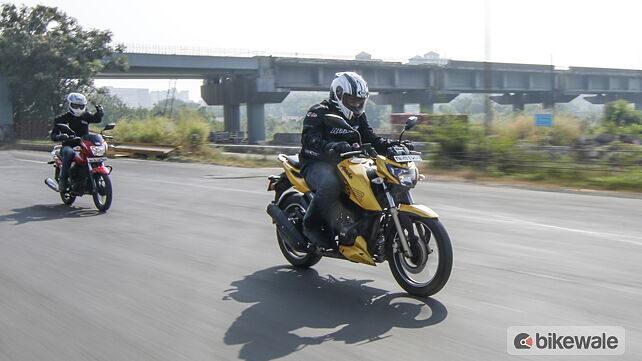
















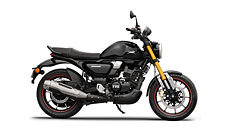
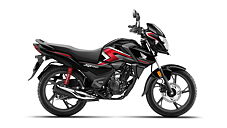
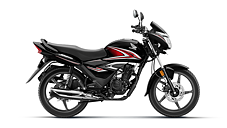

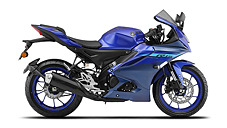
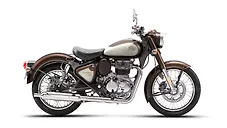
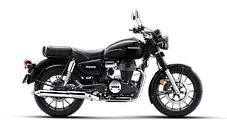
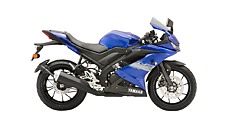
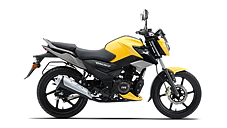
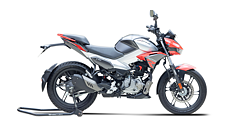
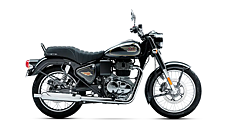
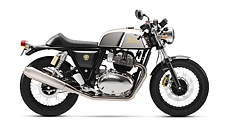
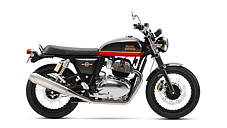
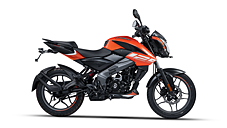




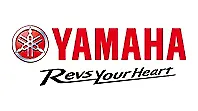




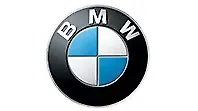
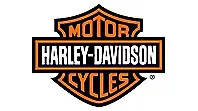
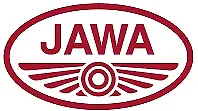

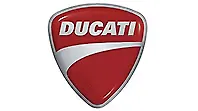

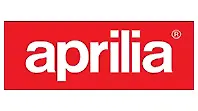







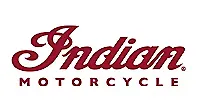



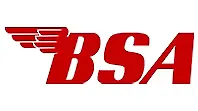
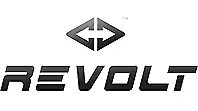












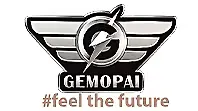

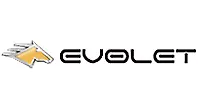


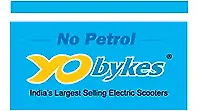

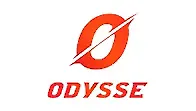










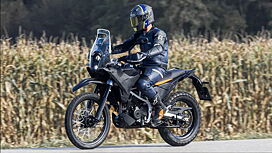
![KTM 390 Adventure X [2025] KTM 390 Adventure X [2025]](https://imgd.aeplcdn.com/272x153/n/cw/ec/190885/390-adventure-x-2025-right-side-view.jpeg?isig=0&q=80)